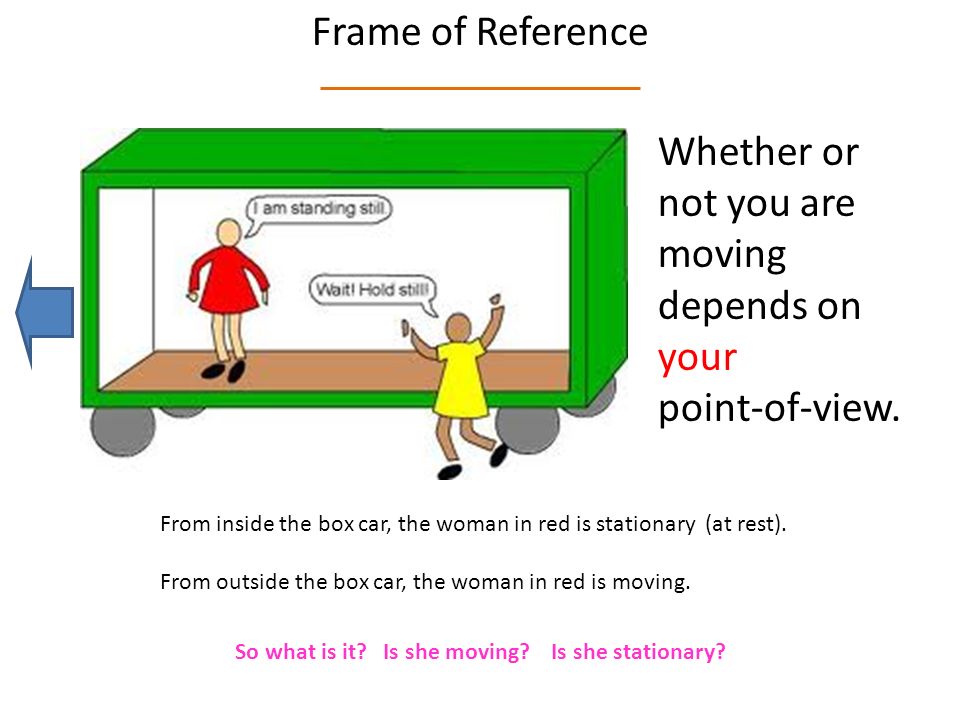
It can be stored in an object’s position, chemical bonds, physical tension, and atomic nuclei. Energy takes the form of heat, light, radiation, sound, motion, and electricity. In physics, different types of matter-energy interactions define the basic branches of the sciences. In any field, a scientist needs a handle on the basics before finding answers to fundamental questions. From Aristotle and Isaac Newton to Marie Curie, philosophers and scientists have been using physics to understand the world for at least 2,000 years. Physics classifies all interactions between matter and energy and tries to answer the most central questions of the universe. Its influence extends to all the natural sciences, including biophysics, astronomy, and chemistry. If Advanced Highers are requested, universities or colleges typically ask for ABB.Physics is the science that quantifies reality.

Scottish Highers – Entry requirements for Highers (the most common qualification) range from ABBB to AAAAB, with universities or colleges most frequently requiring AABBB. Occasionally, universities ask for Advanced Highers to supplement Highers. In addition to the different A level requirements above, you will also need five GCSEs (A-C) including science, English, and maths.Ī few course providers may use additional methods to support selection, for example, you may be asked to complete an online test to assess your numerical skills and how you apply your knowledge to chemical problems.

Some geology degrees require two science related A levels.Įntry requirements in general range from BCC to AAA, with the universities and colleges most commonly asking for ABB. Geography related degrees generally require A level geography, though some will accept a related subject (for example, sociology, world development, geology, environmental science). The course content is likely to be the same for the first two years of a BSc at the same university and then beyond will have a broader range of taught units and a larger piece of research.Īre you considering an accelerated degree? Click here to read more about the possibility of completing your undergraduate course in two years rather than three.Ī levels – To get on to a physics related degree, you will usually require at least two A levels including physics and maths.įor chemistry degrees, you will need chemistry A level, with some universities preferring a second science subject. If you are considering taking a joint or combined degree, it would be advisable to consider any potential impact such a choice may have on any career goals.Ī number of universities offer four year undergraduate or integrated masters degrees in subjects such as geology (MGEOL/MSci)/, physics (MPhys /MSci) and chemistry (MChem/ MSci). qualifications ranging from BA/BSc (Hons) and MSci degrees through to HND, HNC and Foundation Certificates.full-time, part-time and flexible study options as well as courses with a placement (sandwich courses).single, joint, and multiple subject combinations.Subject combinations and available course options include: While many degrees with the same subject title will offer similar modules with a choice of topics, it is important to be aware that there is no national curriculum at this level, so courses can vary significantly. There are a broad range of degree courses available, with many options to combine different subjects together. Science of aquatic and terrestrial environments.

Universities and colleges in the UK are offering courses in the following subject areas:


 0 kommentar(er)
0 kommentar(er)
